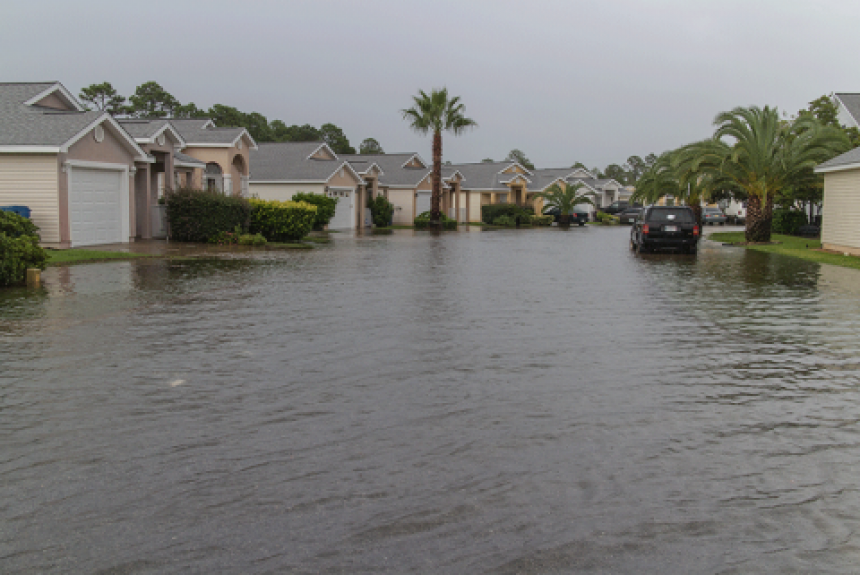
Recently, we’ve seen natural disasters affect many of our customers, family members and friends. The question you may be asking is, “Am I prepared?” While you can’t control what happens, you can prepare for a natural disaster or emergency.
Find out which disasters or emergencies are most likely to occur in your area.
The first part of preparation is to know exactly what you may face in your area—tornados, hurricanes, earthquakes, or even severe weather (hot or cold). There are no disaster-free zones in our country, so take the time to learn the evacuation routes and shelters available in your area.
Determine how you’ll reconnect with those who matter most.
How will you let others know you’re okay, or vice versa? Figuring this out ahead of time will help ease your mind in any type situation you face. Many experts suggest using an out-of-area emergency contact for checking in with family members, since it may be easier to make long distance calls. Consider creating an emergency contact list ahead of time for your family and/or roommates.
Sign up for emergency alerts.
In this day and age of technology, there are several ways to stay up-to-date with the weather during natural disasters. You can sign up for emergency and disaster alerts on your cell phone—enable the Wireless Emergency Alert (WEA). This emergency alert system also broadcasts over the radio and television. NOAA weather radio can tell you if severe weather is expected 24 hours a day, seven days a week. Another great idea is to download the FEMA mobile app to receive weather warnings for up to five locations, plus disaster, aid and shelter information.
Know how to respond in an emergency.
Whether you perform drills at your home or at work, it’s important to have a response plan in place for the most likely disaster to occur in your area. Do you go to high ground or to the basement? Do you take cover or flee from your home or work location? Knowing what to do can keep you and your family safe during an emergency.
Prepare a three-day emergency kit.
Your three-day kit doesn’t have to be extreme—just something simple that includes the basics like food, water, first aid supplies, flashlights, duct tape and other items. You should also consider keeping some cash on hand—either in your emergency kit or another safe location. Inspect your kit regularly and make sure the equipment is working and the food is still edible.
Keep a record of your financial information in an accessible, safe location.
Be sure you have all of your personal financial information—homeowners insurance number, bank account information, debit and credit card numbers, etc. available for use after an emergency occurs. Be sure to store this information in a safe location such as a safe in your home or a safe deposit box. A quicker recovery usually depends on how much information you can provide to those helping you. You may also consider online banking and mobile banking so you could access your account information in any situation.
We’re committed to keeping your assets and financial information safe and secure, no matter what the circumstances may be. To that end, we have disaster recovery plans in place to open our doors as quickly as possible to help you recover faster, if the need ever arises.
© BancorpSouth 2017

